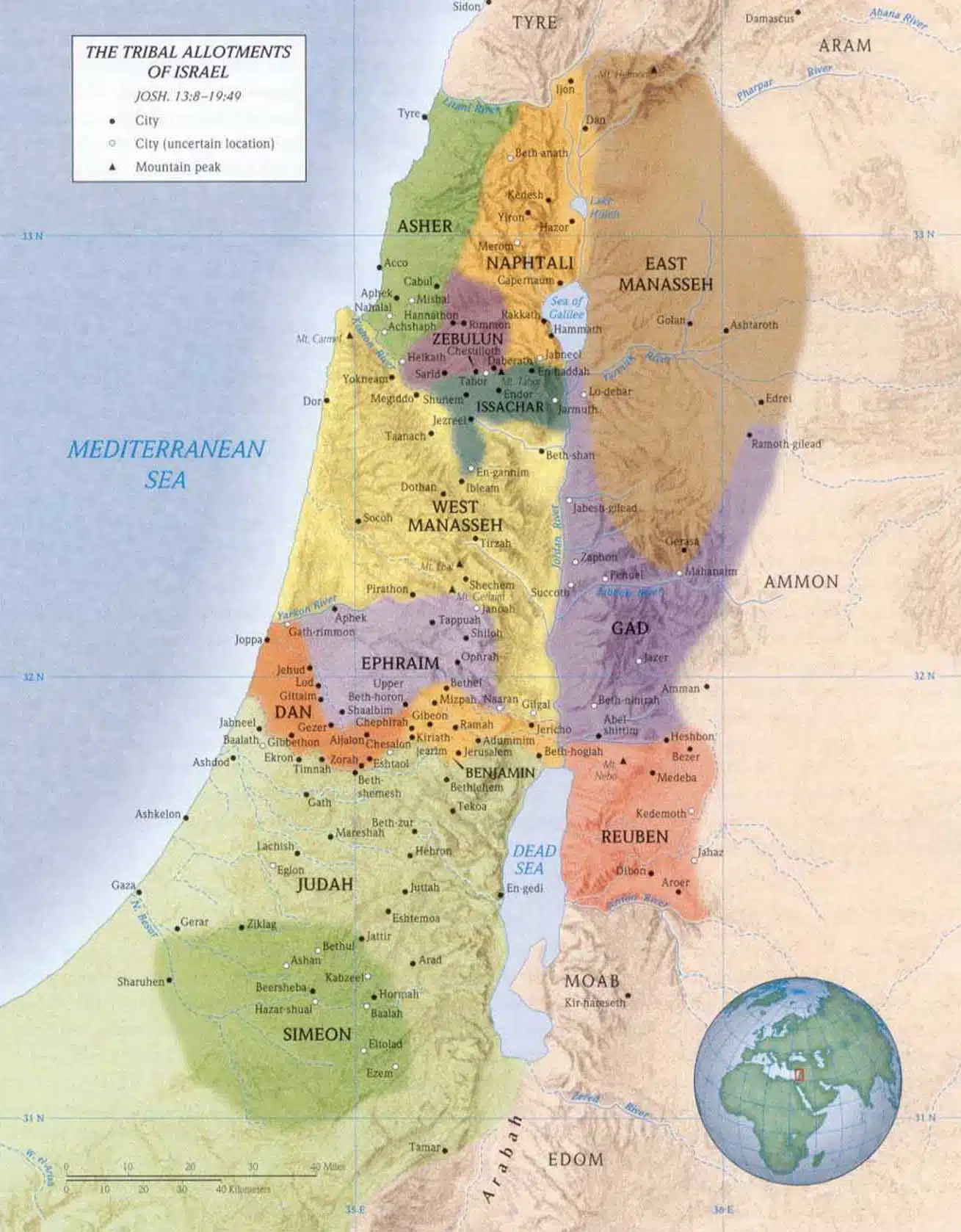Life is short and our opportunity for wise stewardship (on earth) will not last forever.
Solomon continues with his exhortation to the young man to remember his Creator in the days of his youth. Solomon wants the young man to remember Him before the silver cord is broken and the golden bowl is crushed, the pitcher by the well is shattered and the shell at the cistern is crushed. It seems clear these are all illustrations intended to create a mental picture of the finality of physical death. For Solomon states that in each case then the dust will return to the earth as it was.
So interestingly, we are left with more questions about what the images convey than about what they mean. Solomon tells us the images all convey our final end. The pitcher by the well being shattered seems to convey an image of a pitcher left by a water well, used to draw water and give life to the surrounding area. Perhaps that pitcher would be shattered when the well runs dry and the area is abandoned. The area is vacated and the community dies.
The word translated shell is usually translated “wheel.” This might be a companion with the image of the pitcher by the well being shattered. A well was dug to access subterranean aquifers. A cistern was used to store rainwater. Since most of Israel is arid or semi-arid land, both wells and cisterns were vital to sustain livelihood in much of the land. The shell or wheel of the cistern could refer to part of the apparatus used to draw water from the cistern. If it is crushed, that likely means the cistern is no longer functioning.
While it is clear that the silver cord being broken and the golden bowl being crushed refer to the event of death, it is not clear what image Solomon is elevating that would have created a clear picture to readers during his era. It likely refers to some saying that referred to physical or spiritual essentials of life. Once they are broken, life is over.
In each case, the word picture depicts the end of life, when the body dies then the dust will return to the earth as it was, and the spirit will return to God who gave it. Solomon repeats the concept that the spirit returns to God. He also reflects the phrasing of Genesis 3:19, where God tells Adam he will return to the ground:
“Because from it you were taken;
For you are dust,
And to dust you shall return”.
The dust returns to earth and the spirit of man will return to be with God who gave it. Solomon likely refers here to Genesis 2:7 which says:
“Then the LORD God formed man of dust from the ground, and breathed into his nostrils the breath of life; and man became a living being.”
God breathed the spirit into Adam. Our spirit returns to God when we die.
All of this is speaking to the brevity of life. The opportunity to enjoy the human experience is a limited time engagement. The clock is ticking. The ability to choose a life of faith and to trust God with the enigmatic circumstances we face will soon pass away into dust. 1 Peter 1:12 says the angels long to look down and see how humans spend this precious, brief time on Earth. What choices will we make before the cistern breaks and our opportunity to steward a life of faith is over?
Biblical Text:
6 Remember Him before the silver cord is broken and the golden bowl is crushed, the pitcher by the well is shattered and the wheel at the cistern is crushed;7 then the dust will return to the earth as it was, and the spirit will return to God who gave it.
Check out our other commentaries:
-
Romans 5:6-8 meaning
Paul is again emphasizing that we are made righteous in God’s sight apart from anything we do. Christ did not die for us because we...... -
Deuteronomy 33:20–21 meaning
Moses pronounced blessings on the tribe of Gad....... -
Matthew 12:33-37 meaning
Jesus shares an analogy of a fruit tree to show the relationship between a man’s words and his heart. He tells the Pharisees that their...... -
Romans 6:8-11 meaning
Paul emphasizes the reality that we have a new nature and can walk in it—we have the power to choose to live the resurrection life...... -
Matthew 1:18-19 meaning
Matthew tells his account of Jesus’s miraculous conception and birth. His description of these events demonstrate and emphasize the dual natures of Christ, who was......



